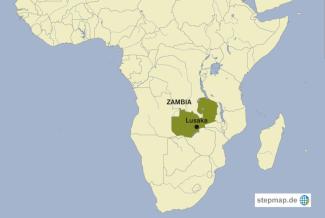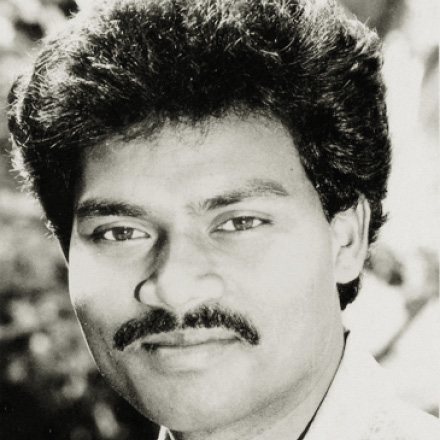Health
Contaminated water causes cholera

Late last year, a cholera outbreak claimed more than 60 lives in Zambia. The government had to postpone the start of the 2018 school year. The waterborne disease broke out in Lusaka, the capital city, in October. More than 2,000 persons were given medical treatment. Schools, colleges and university stayed closed in January and teaching only resumed in February after the number of cholera cases dropped.
Lusaka was the epicentre of cholera outbreak. According to the World Health Organization (WHO), the communicable disease was first reported in Chipata, an unplanned urban settlement. Some primary and secondary schools in this sub-district were kept closed longer than the others. Their sanitation infrastructure is poor.
The disease spreads when people drink water that is contaminated with faecal material. The problem was that supposedly safe wells were contaminated. In the informal settlements where the disease spread fast, pit latrines are common. “The main affected sub-districts, Chipata and Kanyama, are densely populated and have inadequate water and sanitation infrastructure, which favour the spread of the disease,” a WHO report stated.
President Edgar Lungu ordered the police and army soldiers to demolish and remove street vendors’ makeshift stores to prevent the disease from spreading. Security officers also cleared drainages. In three cities – Lusaka, Ndola and Kitwe – the central business districts were cleaned.
In order to control cholera, the WHO has advised the government to improve water supply, hygiene, sanitation and food safety in affected places. Important measures include:
- improving access to potable water,
- enhancing sanitation infrastructure and
- promoting hygiene and food safety practices.
Doing so, however, is most difficult in the unplanned and informal slum areas where, according to the estimates of the Central Statistical Office, about 70 % of Zambia’s urban people reside.
During colonial rule, rural-urban migration was restricted, but this changed after Northern Rhodesia (now Zambia) gained political independence from Britain in 1964. Many people left rural regions and flocked to urban areas, looking for employment and business opportunities. Urban growth was not regulated.
President Lungu has announced that his government will upgrade the country’s unplanned settlements in the next five to 10 years. The idea is that all citizens can live in habitable and hygienic conditions.
Humphrey Nkonde is assistant editor of Icengelo magazine. He is based in Ndola, Zambia.
zpeopleandplaces@gmail.com











